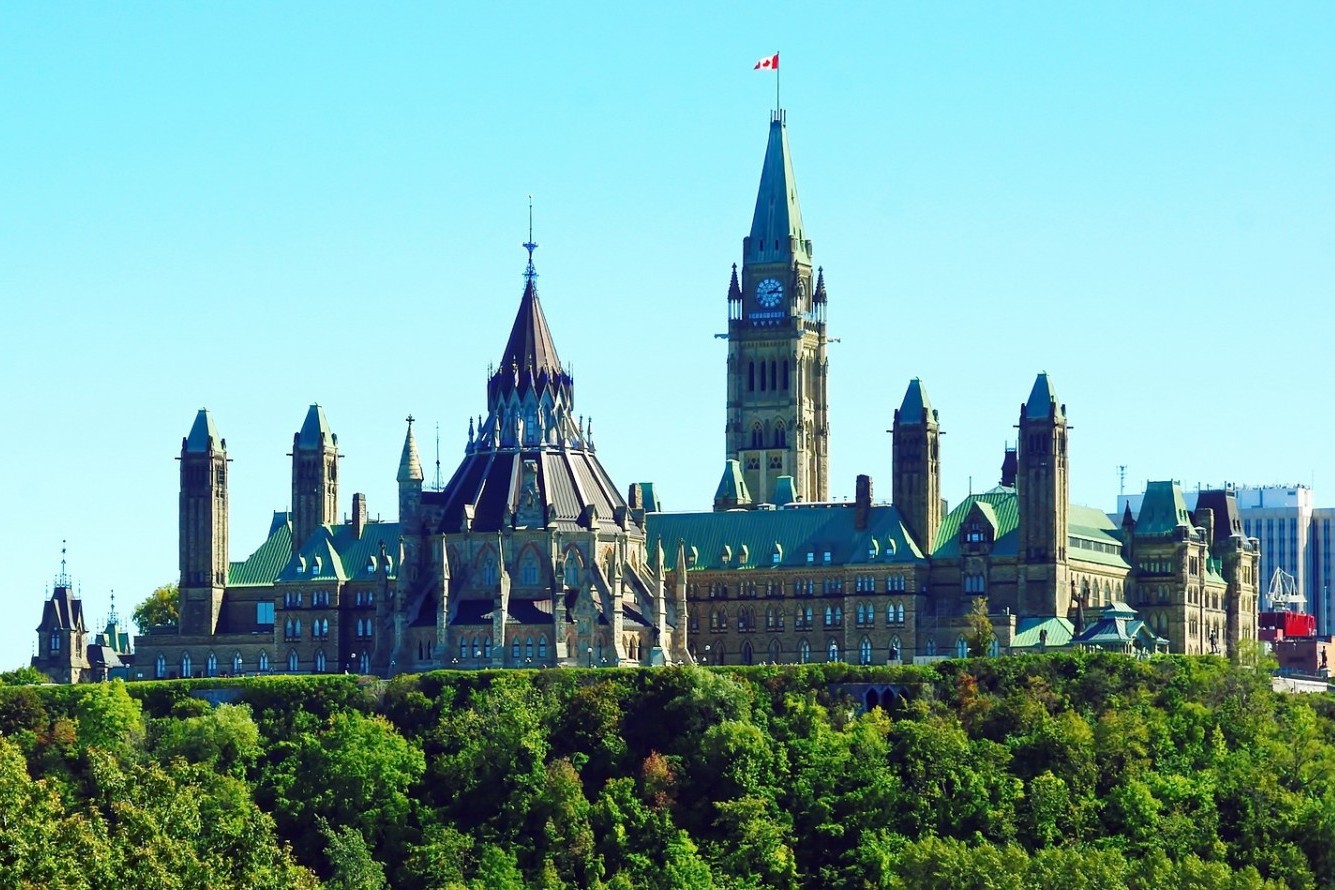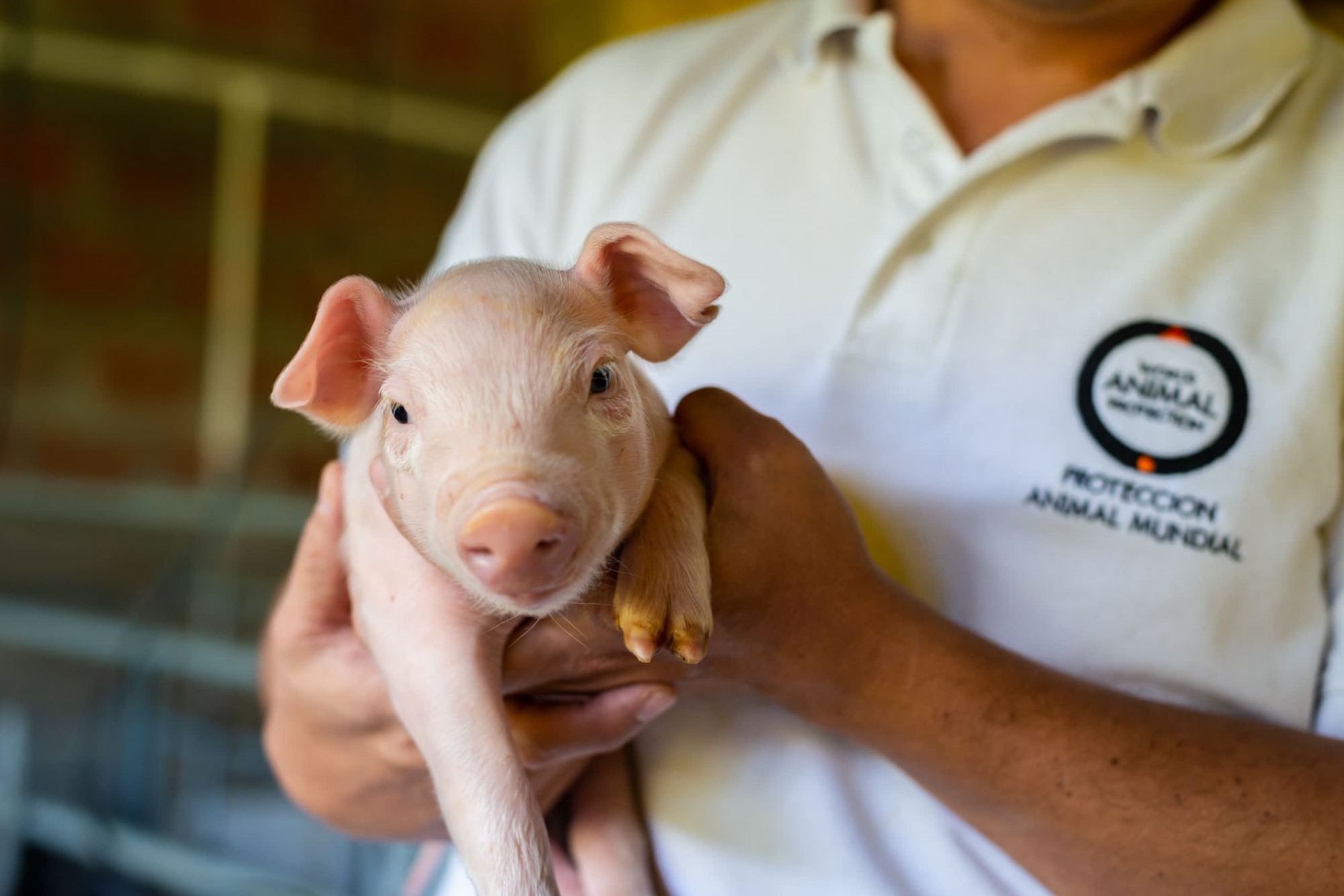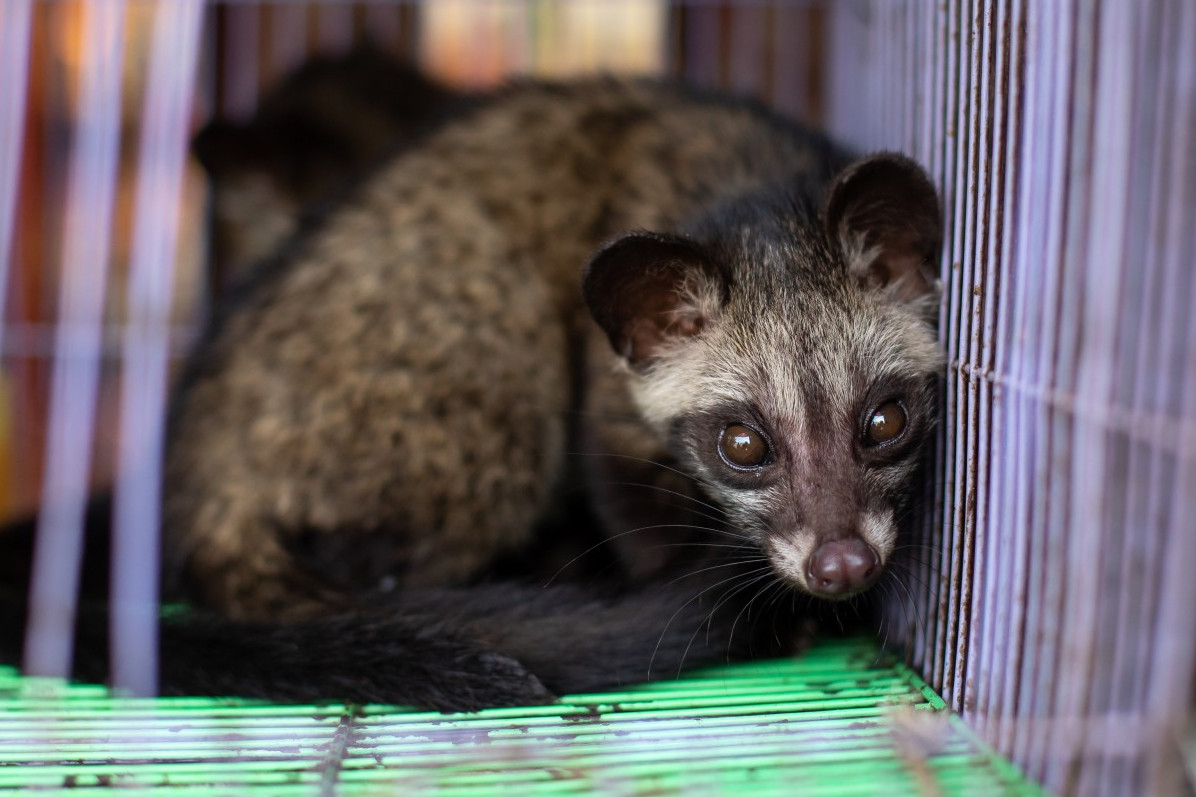
Vote for animals
Making animal welfare an election issue
Making animal welfare an election issue
Animals can’t vote or lobby their government representatives, but you can. This election, ask your candidate if they will support measures to curb the commercial wildlife trade and industrial animal agriculture to protect animal welfare, our environment and the health of Canadians. The best way to meaningfully engage with candidates is to speak with them when they knock on your door or call you on the phone and at community events. See our toolkit for tips on what to say at the door or at a debate.
You can find your electoral candidates by entering your postal code on the Elections Canada website. Tell them why you care about improving protection for animals and why they should too. Review each parties’ response to our survey and/or platform commitments and let them know what you think.
Get started now
Review party positions
On July 12 2021, World Animal Protection sent a survey to Canada's five main political parties about important animal welfare issues in the country. After months of engaging and briefing MPs from all parties, we successfully made curbing the wildlife trade an election issue and secured responses from all five parties as well as its inclusion in some party platform commitments.
We encourage you to review the responses and platform commitments, to see where they stand.
- Bloc Québécois
- Conservative Party of Canada
- Green Party of Canada
- Liberal Party of Canada
- New Democratic Party of Canada
View the survey we sent to parties.
Let them know what you think
It’s important to hold parties accountable to any commitments they make and also to let them know what you think. During the election the best way to engage with candidates is through personal interaction. The best opportunities are when they knock on your door or call you on the phone, and asking them a question at a community event or debate. See our toolkit for tips on what to say at the door, on the phone or at a debate.
You can find your electoral candidates by entering your postal code on the Elections Canada website.
Is animal welfare an important issue to Canadians?
- A 2021 poll conducted by Ekos Research Associates found 70% of Canadians believe animal protection and welfare are somewhat or very important issues when deciding who to vote for. Almost half (47%) of Canadians are very concerned about the possible environmental effects of animal consumption, such as the increase in biodiversity loss and the increase of greenhouse gas emissions associated with animal agriculture.1
- A 2020 poll conducted by NorthStar Research Partners found 75% of Canadians want the Federal government to support a permanent ban on wildlife markets and 70% support a ban on the commercial wildlife trade, with 1 out of 5 Canadians are in support of better regulations and measures to control the trade.2
Frequently Asked Questions
We support policies that help improve animal welfare and will gladly work with all parties and MPs in the mission to give all animals in Canada a life worth living.
Canada currently has no national animal welfare legislation and there is no one department or body with responsibility over animal welfare. Animal welfare refers to an animal’s physical and psychological wellbeing and is determined by how an animal is coping with the conditions in which it lives. Appropriate animal welfare legislation is required to ensure they are protected from suffering and cruelty.
The Canadian government has a role to play in addressing the two biggest animal welfare issues of our time: ending intensive animal agriculture and the commercial wildlife trade. By improving animal welfare laws, it will not only help protect animals from suffering but help us achieve other pressing Canadian and global priorities.
The 2019 Intergovernmental Panel on Climate Change Report states, “without drastic changes in global land use, agriculture and human diets, efforts to reduce carbon emissions will fall short.” It describes plant-based diets as a major opportunity for mitigating and adapting to climate change and recommends reducing meat consumption.
As well, recent UN reports revealed that the wildlife trade, intensive animal agriculture and rising unsustainable animal protein consumption are the top drivers of pandemic risk. Covid-19 has revealed the links between the commercial wildlife trade and deadly pandemics. While scientists are still investigating the origins of COVID-19, it is widely believed that this deadly coronavirus was transmitted from bats to people through animals caught up in the wildlife trade. This isn’t the first major disease outbreak linked to the wildlife trade with 75% of new or emerging infectious diseases over the past decade originating from animals, mainly wildlife.
There is no question that the way we raise animals for food in overcrowded, cruel, barren conditions contributes to the suffering of billions of animals worldwide. And millions of wild animals suffer at every stage of the wildlife trade whether they are captured from the wild or bred in cruel, crowded conditions.
We hope to see strong support from the next federal government to provide the legislative protection animals deserve.
To learn more about the commitments World Animal Protection is asking the Canadian government to make, see our platform proposals which were submitted to the federal parties on ending intensive animal agriculture and achieving a healthy, sustainable food system.
Sources
1 From July 6th to July 23rd 2021 an online survey of 2,143 randomly selected Canadian adults who are Probit panellists was executed by EKOS Research Associates. A sample of this size has a margin of error (which measures sampling variability) of +/- 2.1%, 19 times out of 20. The results have been weighted by education, age, gender and region to match the population, according to Census data. This is to ensure the sample is representative of the entire adult population of Canada. Discrepancies in or between totals are due to rounding.




